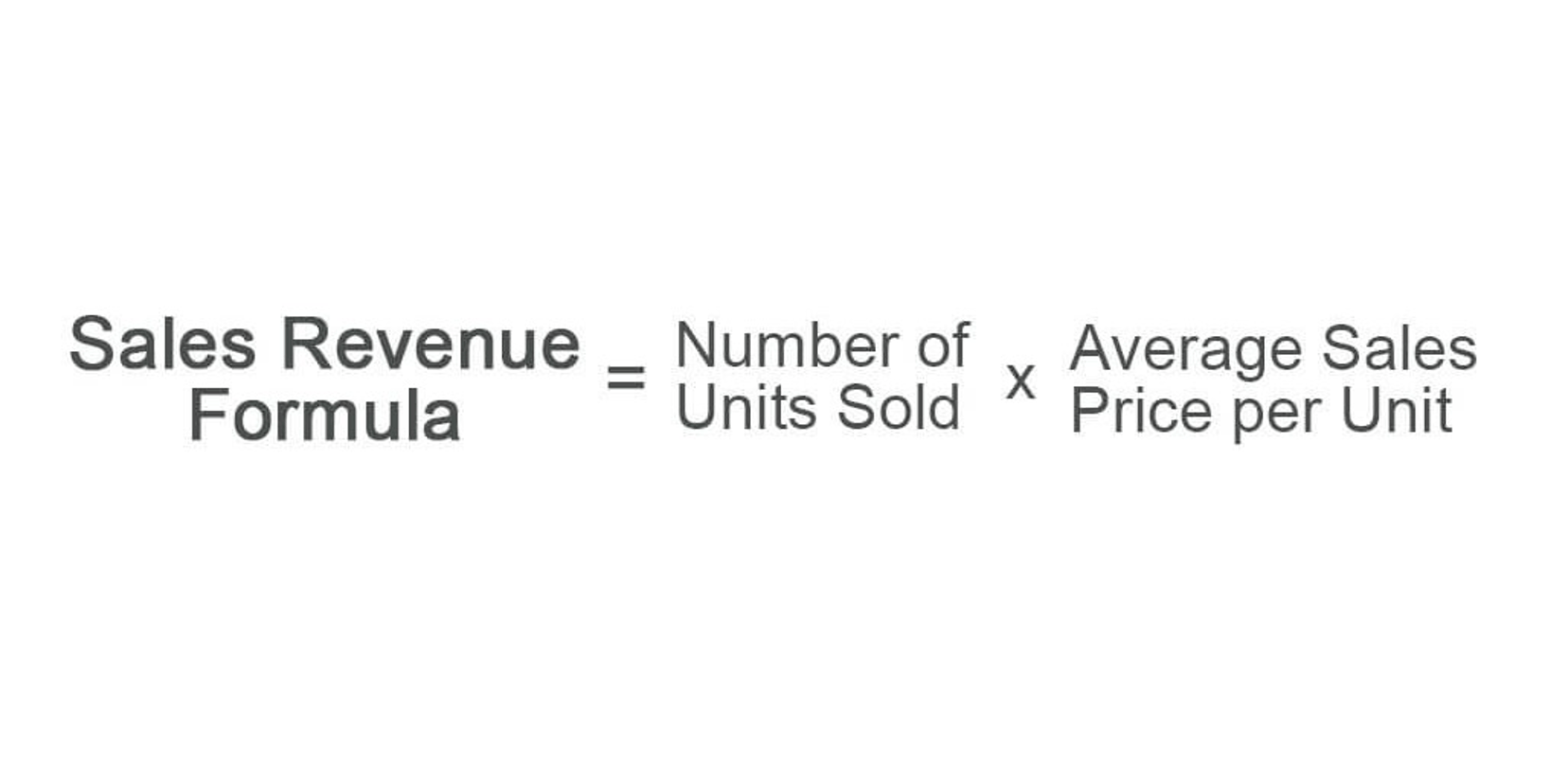
You get this special tax break, called the qualified business income deduction (QBI deduction), simply by qualifying for it due to the nature of your business and your business income. Essentially, it’s a type of business that offers services where the reputation or skill of either the employer or the employees are the main asset. Think health, law, accounting, consulting, financial services, investing, etc. If the taxpayer’s income is below the threshold, the type of business doesn’t matter. But for certain types of businesses, called “specified services trades or businesses” (SSTBs), the income thresholds may limit the taxpayer’s ability to use the QBI deduction.

Brokerages Includes services in which a person arranges transactions between a buyer and a seller with respect to securities for a commission or fee. The definition includes services provided by stockbrokers but does not include services provided by real estate agents and brokers, or insurance agents and brokers. It excludes banking services, such as taking deposits and making loans. Actuarial Science Includes services provided by actuaries and similar professionals. However, businesses not included in this definition are services by analysts, economists, mathematicians, and statisticians not engaged in analyzing or assessing the financial costs of risk or uncertainty events.
Step 3. Calculate net income
Interest income, however, does not qualify as business income under this criteria and cannot be included in the QBI deduction. By doing your research and staying up to date on tax laws, you can make sure that you are taking full advantage of this valuable deduction. When in doubt, consult with a tax professional or https://www.bookstime.com/articles/how-an-accountant-can-help-your-business follow the free tax advice the IRS provides on its website. This type of business is generally easier to set up and manage than a corporation. Additional guidance will be necessary for determining the allocation of wages when the partnership agreement provides for an allocation based on targeted capital accounts.
The courts will not be concerned with «fairness;» rather, they will hold Congress and the IRS to the plain meaning in the statute. As a result, until we’re told otherwise, tax preparers should interpret the law in the same manner, even if it punishes their client. With income of $200,000 reported on Schedule C, A’s tentative deduction is $40,000. At this writing, the IRS has not released complete rules for implementing the calculations and deductions found in the TCJA.
The Qualified Business Income (QBI) Deduction
However, there are certain taxpayers who are not eligible to receive the QBI deduction. These include specified service trades or businesses (SSTBs), qualified joint ventures, C corporations, certain single-member LLCs, and taxpayers excluded from claiming this deduction under the foreign or possession of income provisions. No, interest income is not eligible for the qualified business income deduction (QBI). The QBI deduction is intended to reduce the taxable income of businesses that meet certain criteria, such as being engaged in a trade or business with regularity and consistency and actively managed by the taxpayer.
What happens if a client has a trade or business with multiple lines of businesses, where one of the lines is an SSTB? The proposed regulations included a de minimis rule for this situation. If a taxpayer has $25 what is a qualified business income deduction million or less in gross receipts for the tax year from SSTB activities, it will not be considered an SSTB if less than 10% of the receipts are generated by the SSTB activity (Prop. Regs. Sec. 1.199A-5(c)(1)(i)).
